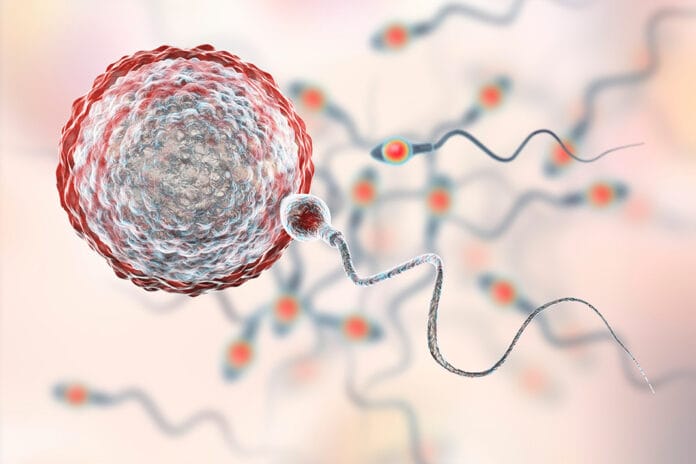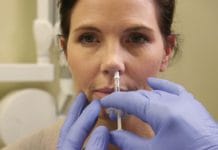Periodontitis is chronic, degenerative, and, unfortunately, a common disease that affects a large population. It’s the cause of most of the common and serious dental problems that we have to address every day as dental hygienists and has been exhaustively studied without end. We know how to prevent it, and we can treat it to an extent, but we still aren’t aware of everything the disease does, affects, and destroys.
One question that has arisen in the dental field is if periodontitis can affect a woman’s ability to conceive and/or carry a healthy child. Fertility is a sensitive subject that shouldn’t be discussed or studied lightly. Researchers have decided that it is time to look into the matter with an exploration of past and current peer-reviewed research in Can Periodontal Disease Affect Conception? A Literature Review.
Periodontitis and the Body
Periodontitis is complex and multifactorial, and the problems that it causes can be very damaging to many of our body’s hard-working systems. It’s all about a balance of bacteria and the ability of our defense system to protect us from the infections, inflammation, and permanent bone and tissue damage that plagues sufferers. Unfortunately, we have no clue just how far the damage caused by this disease truly extends, and we cannot give our patients the best care without this knowledge.
The severity of periodontitis isn’t always predictable. A person’s lifestyle, genetics, nutrition, hormonal changes, mental health status, and general health status all have an effect on how severe the disease can get. And the disease is known to allow seriously damaging bacteria into the bloodstream that can move on to damage anything and everything it touches, up to the point of causing death.
The bacteria introduced to the body from our oral cavities can and does reach our reproductive system. The inflammation caused by the disease can also affect our reproductive organs. So, what does the trusted literature say on possible problems arising in conceiving and carrying a healthy child? Is there anything we should say to our female patients, just in case?
Effects On Conception, According to Literature
Infertility is considered a disorder of the reproductive system, but it can be caused by infection or severe inflammation in organs such as the fallopian tubes, cervix, or uterus. With all of this being true, it is easy for bacteria to reach both the cervical mucus (plug), placenta, and the amniotic fluid nurturing and/or protecting a growing fetus. Endometriosis can cause infertility, but the disease itself can be caused by inflammation. At the same time, it’s not only women that are affected. Periodontitis has been connected to a male’s abnormal sperm counts in several studies.
Problems arise in fertility due to damage from bacteria and inflammation, but it can be extremely difficult to tie the problem to an infection stemming from periodontitis. Bacteria, known to enter the body through the oral cavity, has been found in the amniotic fluid of several women who had just miscarried and who suffered from the oral disease at the same time. P. gingivalis and Aggregatibacter actinomycetemcomitans, both famous for moving throughout the body while causing all sorts of chaos, were specifically identified and listed as a possible cause of pregnancy disruption.
The sheer amount of research proving that periodontitis has the possibility of being detrimental to any and all systems of the body leads researchers to suggest further exploration on the subject. While we cannot suggest yet that there is a definitive connection, when it comes to pregnancy and infertility, it’s much better to be safe rather than sorry. Emphasizing the importance of excellent oral health and the possible concerns with fertility and its link to oral health status can’t hurt as long as no unproven claims are made and the word possible is emphasized. Further study is warranted.
Before you leave, check out the Today’s RDH self-study CE courses. All courses are peer-reviewed and non-sponsored to focus solely on pure education. Click here now.











